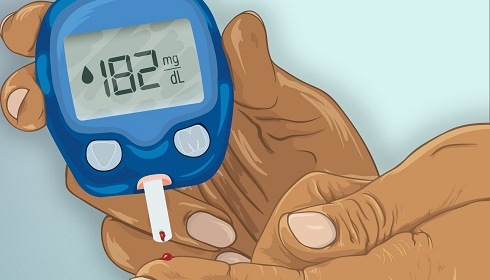
India Expands Efforts to Combat Non-Communicable Diseases with National Programme
Union Minister of State for Health & Family Welfare, Prataprao Jadhav, recently highlighted the Government of India's comprehensive strategy for addressing non-communicable diseases (NCDs). Since 2010, the National Programme for Prevention and Control of Non-Communicable Diseases (NP-NCD) has been implemented across all States and Union Territories, focusing on the prevention and management of major NCDs such as hypertension, diabetes, cardiovascular diseases, cancer, stroke, chronic kidney disease, chronic obstructive pulmonary disease (COPD), asthma, and non-alcoholic fatty liver disease.
The programme aims to enhance healthcare infrastructure, develop human resources, promote health awareness, and ensure early diagnosis and effective management of these conditions. As part of the National Health Mission (NHM), significant progress has been made with the establishment of 753 NCD clinics at the district level, 356 Day Care Centres at the district level, and 6,238 NCD clinics at Community Health Centre (CHC) levels. These facilities play a crucial role in raising awareness and providing early detection services for NCDs.
A key initiative under the NHM involves a population-based approach to prevent, control, and screen for common NCDs and cancers. This initiative targets individuals over 30 years of age for screenings related to diabetes, hypertension, and three prevalent cancers: oral, breast, and cervical. The screening services are integrated into the Ayushman Bharat – Ayushman Arogya Mandir (AAM) programme, which as of July 29, 2024, has 173,827 operational AAMs across the country.
The government supports States and Union Territories with both technical and financial resources to train healthcare professionals, enhancing their capabilities in NCD screening and management. As of May 10, 2024, over 1.4 million primary healthcare providers, including Medical Officers, Community Health Officers (CHO), Staff Nurses, Multi-Purpose Workers (MPW), and Accredited Social Health Activists (ASHA), have been trained. This training focuses on improving skills in screening, raising awareness, promoting healthy lifestyles, and facilitating early detection and referral processes.
A detailed breakdown of operational Ayushman Arogya Mandirs reveals significant coverage across the country, with notable numbers in states such as Uttar Pradesh (22,457), West Bengal (13,376), and Andhra Pradesh (11,860). This extensive network underscores the government's commitment to combating NCDs and enhancing public health through widespread access to preventive and diagnostic services.